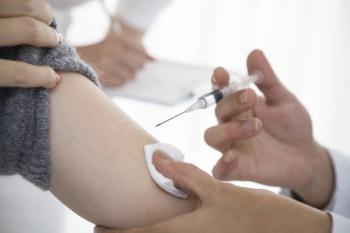
In a phase 1/2 randomized clinical trial, GlaxoSmithKline’s RSVPreF3 vaccine elicits a response.

In a phase 1/2 randomized clinical trial, GlaxoSmithKline’s RSVPreF3 vaccine elicits a response.

The composition of the gut microbiome is easily disrupted by antibiotics, leaving the host susceptible to further infection or other disturbance of gut flora that can lead to both short- and long-term deleterious effects.
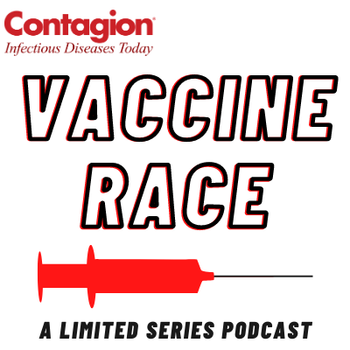
A vaccine developer joins for a firsthand discussion on the development, research, and distribution process.

In results of a national survey, investigators pieced together a look at the psychological toll of the pandemic on physicians and identified the biggest stressors.

The CovidIQ tool successfully predicted a COVID-19 spike in Jacksonville, Florida, a full 2 weeks before it was recognized by the Florida Department of Health.

Antimicrobial-resistant infections, in particular those caused by gram-negative pathogens that also produce extended spectrum β-lactamases (ESBL), represent a growing threat across the globe as investigators race to develop novel therapeutics



A summary of new studies surrounding COVID-19 comorbid effects.

After a series of positive developments, the antiviral agent joins a quartet of candidates that failed to improve severely ill COVID-19 status in the Solidarity study.
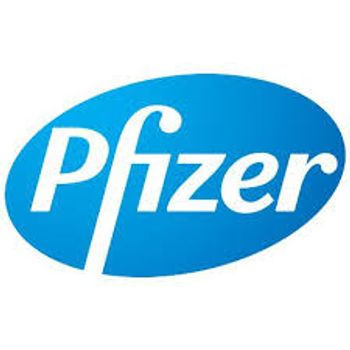
Pfizer anticipates to have completed FDA-mandated safety data a month from now. An EUA application should shortly follow.



A 25-year-old male in Nevada was hospitalized due to a different SARS-CoV-2 strain 2 months after recovering from a first case.


The Meharry and Vanderbilt-based expert shares insights into reaching less trustful populations on the first podcast episode.

Fundamental aspects of immunity to SARS-CoV-2 remain elusive. Here is an examination of some potential clues to protection.

A collection of expert perspectives on what the virus itself may mean for future crises.
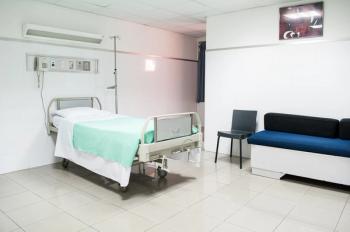
New ACTT-2 data shows a marked benefit from the combination regimen versus lone remdesivir.
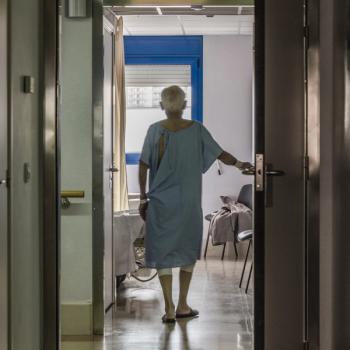
ACTT-1 findings for the Gilead antiviral show it improved chance of clinical improvement by 50% in very ill COVID-19 patients.

In consideration of the idea that the pandemic may lead to greater knowledge and adoption of preventive health measures.

The new pathogen panel will distinguish between 20 different common and serious respiratory infections, giving clinicians more confidence in flu season diagnoses.

Numerous candidates are in late-stage assessment. An expert shares what the diverse agents should show before being considered for regulation.
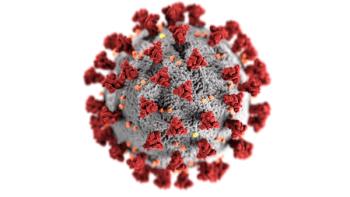
A pair of investigative monoclonal antibodies from Lilly show promise for mitigating mild to moderate COVID-19 risks of escalation.

The new guidance bucks against the White House's campaign message of an available prophylaxis by the election.
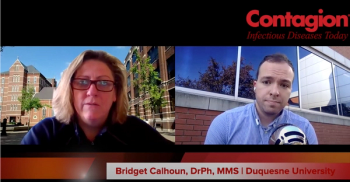
Perspective on the ongoing independent safety reviews for one of the more promising vaccine candidates.

Within NIH is the National Center for Advancing Translational Sciences (NCATS) and they will oversee the grant awards. Christopher Austin, MD, director, NCATS, discusses the specifics of the 2 trials being expanded.
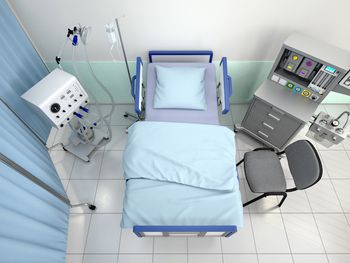
Prone positioning has been found to improve outcomes for mechanically ventilated patients with COVID-19, and a new study suggests the strategy may also benefit conscious patients requiring continuous positive airway pressure.
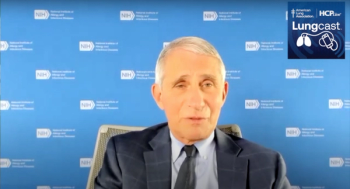
Fauci also shares suggestions for college campus to mitigate community-based spread while classes continue.

The President's hospital stay continues through a third day, with conflicting messages on his health and an escalation in therapy.